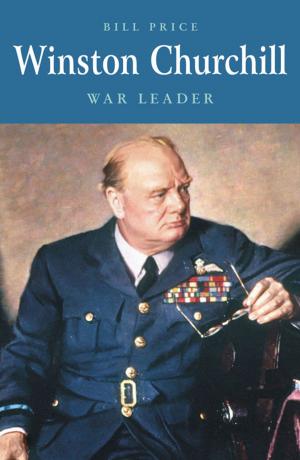American Inventions and Inventors (Illustrations)
Nonfiction, Science & Nature, Technology, Reference, Biography & Memoir| Author: | Arthur May Mowry, William A. Mowry | ISBN: | 1230000281002 |
| Publisher: | Silver, Burdett and Company | Publication: | November 18, 2014 |
| Imprint: | Language: | English |
| Author: | Arthur May Mowry, William A. Mowry |
| ISBN: | 1230000281002 |
| Publisher: | Silver, Burdett and Company |
| Publication: | November 18, 2014 |
| Imprint: | |
| Language: | English |
A school history should set forth such facts, and in such an order, as to show the progress of civilization. The great lessons of history are found in that line of events in the past which exhibits the progress of mankind—the uplift of humanity. The record of no other country can present a more startling array of forward movements and upward tendencies than that of our own land, and in no one direction does this upward movement appear quite so clearly as in the line of inventions.
Man's efforts are, first, to overcome nature. Food, shelter, and clothing are his primary wants. After these are supplied, he rises to higher realms of thought and action. Then he nourishes his intellect, exercises his sensibilities, and provides nutriment for his soul, that it, also, may grow. In this book the above logical order is followed.
It is painfully evident that many schoolchildren dislike the study of history. The authors of this book believe that this need not be. It is clear that the study should be undertaken at an earlier age than is usually the case in our public schools. It is not necessary, and oftentimes not desirable, that the books of history should be studied as text-books. Frequently they should be used as reading books. Such use is more likely to develop in the minds of the younger children a love for history.
This book, while adapted to older persons, has been prepared with special reference to the needs and capacities of children from ten to twelve years of age. It is commended to teachers and parents with full confidence that they will find it useful, and that the children will be both interested and profited by its perusal.
A school history should set forth such facts, and in such an order, as to show the progress of civilization. The great lessons of history are found in that line of events in the past which exhibits the progress of mankind—the uplift of humanity. The record of no other country can present a more startling array of forward movements and upward tendencies than that of our own land, and in no one direction does this upward movement appear quite so clearly as in the line of inventions.
Man's efforts are, first, to overcome nature. Food, shelter, and clothing are his primary wants. After these are supplied, he rises to higher realms of thought and action. Then he nourishes his intellect, exercises his sensibilities, and provides nutriment for his soul, that it, also, may grow. In this book the above logical order is followed.
It is painfully evident that many schoolchildren dislike the study of history. The authors of this book believe that this need not be. It is clear that the study should be undertaken at an earlier age than is usually the case in our public schools. It is not necessary, and oftentimes not desirable, that the books of history should be studied as text-books. Frequently they should be used as reading books. Such use is more likely to develop in the minds of the younger children a love for history.
This book, while adapted to older persons, has been prepared with special reference to the needs and capacities of children from ten to twelve years of age. It is commended to teachers and parents with full confidence that they will find it useful, and that the children will be both interested and profited by its perusal.















